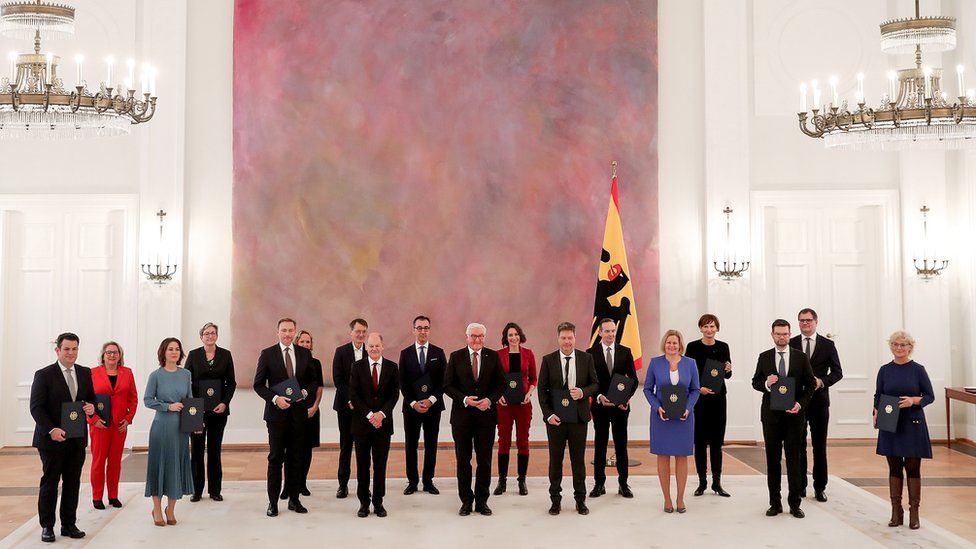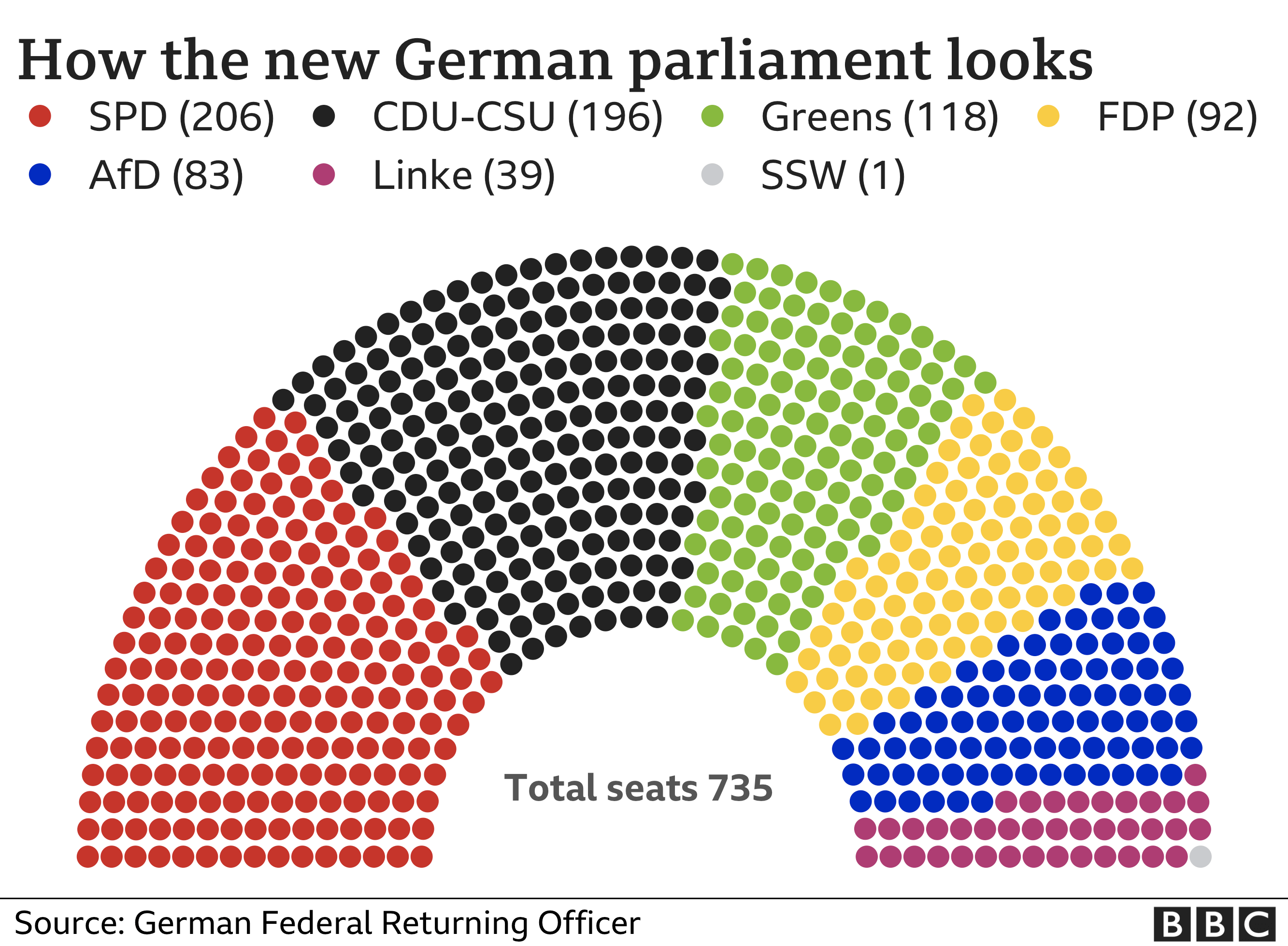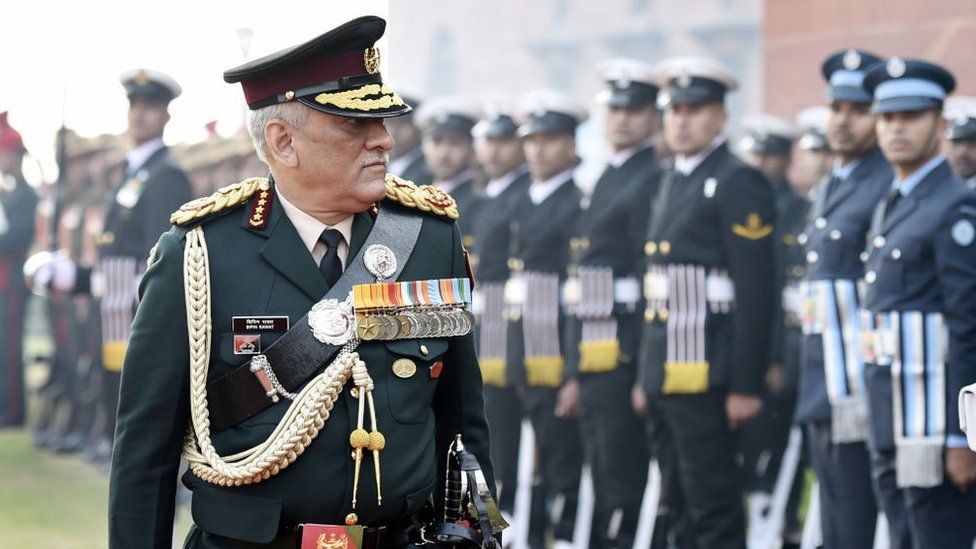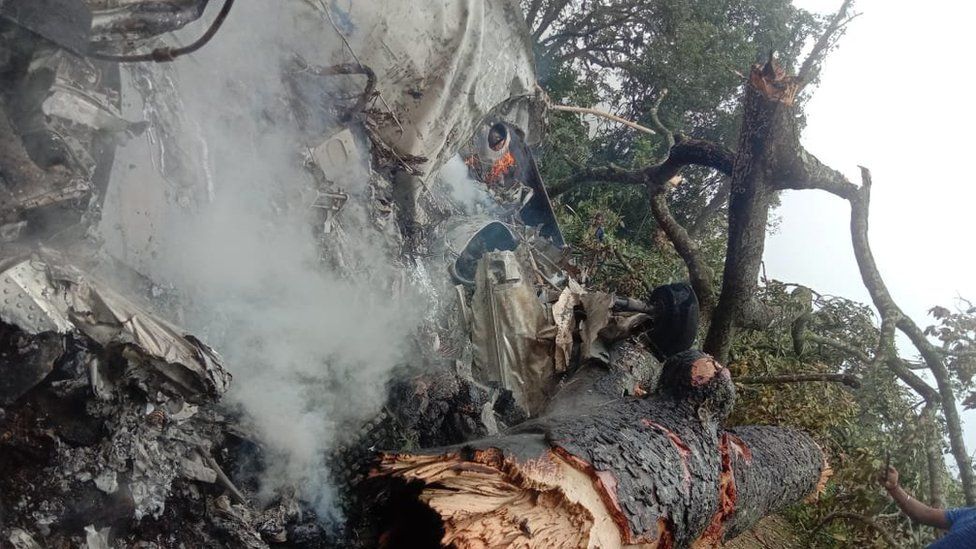Finland’s Prime Minister Sanna Marin has apologised for going clubbing after coming into close contact with a Covid-19 case.
Sanna Marin went on a night out in Helsinki on Saturday, hours after her foreign minister had tested positive.
She was initially told she did not need to isolate because she had been fully vaccinated, but later missed a text that advised her to do so.
Critics questioned her judgement for not isolating until testing negative.
The Social Democratic prime minister, 36, said the text message that advised her to avoid social contact was sent to her work phone, which she had left at home.
When she saw the text on Sunday, she urgently sought a Covid test and the result came back negative.
At first Ms Marin defended her actions, arguing that she had followed the advice of her secretary of state, who informed her about the Covid exposure.
But in a Facebook post on Monday, Ms Marin said she should have double-checked the guidance and used better judgement.
“I am very sorry for not understanding that I needed to do that,” she wrote.
PROFILE: Who is Sanna Marin?
Under Finland’s Covid guidelines, anyone who is double-jabbed does not need to isolate if they come into contact with a positive case.
But the guidelines do advise people to voluntarily avoid social contact if they are waiting for access to a Covid test.
Separate guidelines for government ministers and employees also recommend limiting social contact immediately after exposure, according to Finland’s Helsingin Sanomat newspaper.
Ms Marin has faced criticism since a gossip magazine published photos of the prime minister attending a Helsinki nightclub with friends on Saturday.
The Seiska magazine said it spoke to witnesses who saw her dancing at the Butchers club, where she stayed until 04:00.
Prime Minister of Finland Sanna Marin attends a press conferenceIMAGE SOURCE,EPA
Image caption,
Ms Marin said she had initially been advised not to isolate
Opposition politicians suggested Ms Marin should have set a good example by isolating voluntarily instead of going clubbing. Mia Laiho, an MP for the National Coalition Party, said Ms Marin had been “irresponsible”.
Ms Marin became the world’s youngest prime minister when she elected to lead a centre-left coalition with four other parties in 2019.
Finland has fared better than most of its European allies during the Covid pandemic, recording about 196,000 cases and 1,384 deaths.
But since September, infections have been creeping ever higher, with increases of more than 1,000 a day for weeks.
The country has also recorded eight cases of the new Omicron variant, which experts fear may be more transmissible and evade some immunity to Covid.
……………………………………………………………















